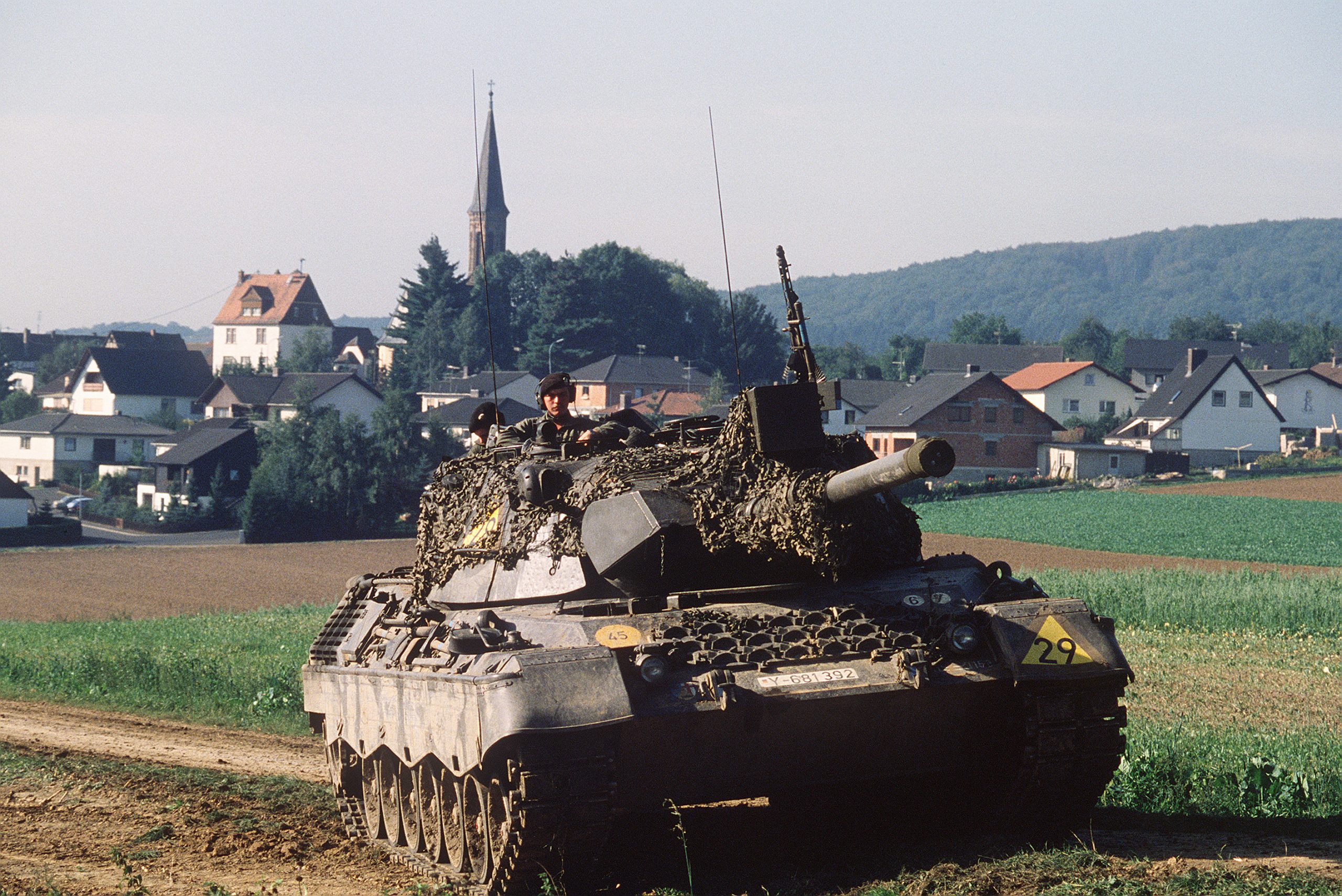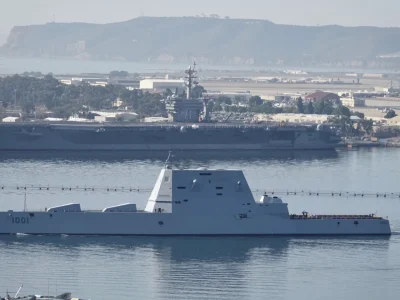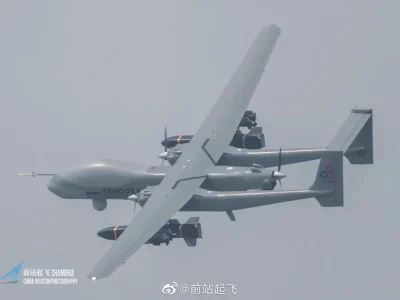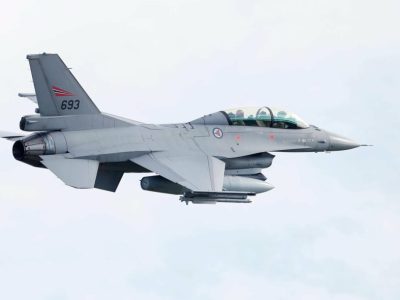
All combat vehicles, or even tanks, are made of many valuable materials that can easily be recycled at the end of the car’s life. Materials like metal and rubber from vehicles and tanks can be broken down and easily reused for products such as floor tile, shoes, and new cars.
However, it’s worth noting that the Leopard 1 is a main battle tank that has been in service with various NATO countries and other nations since the 1960s. Over the years, as newer tank models have been introduced, older tanks like the Leopard 1 have been gradually phased out or retired from active service.
When it comes to retired military equipment, including tanks, recycling or disposal methods can vary. Different countries and organizations may have their own processes for decommissioning and recycling military equipment. This can involve environmentally responsible methods for dismantling, recycling or repurposing components, and ensuring the safe disposal of hazardous materials.
For the most recent information on NATO’s announcement regarding Leopard-1 tank recycling results or any developments related to tank recycling, I recommend referring to current news sources, NATO’s official statements, or reports from reputable defense publications.

For example, NATO Support and Procurement Agency (NSPA) has announced the results of several hundred Leopard-1 main battle tank recycling. On October 20, the NSPA announced that it successfully completed dismantling and disposal of 483 Leopard-1 main battle tanks with the 105mm cannon, generating a revenue of $3,21 million.
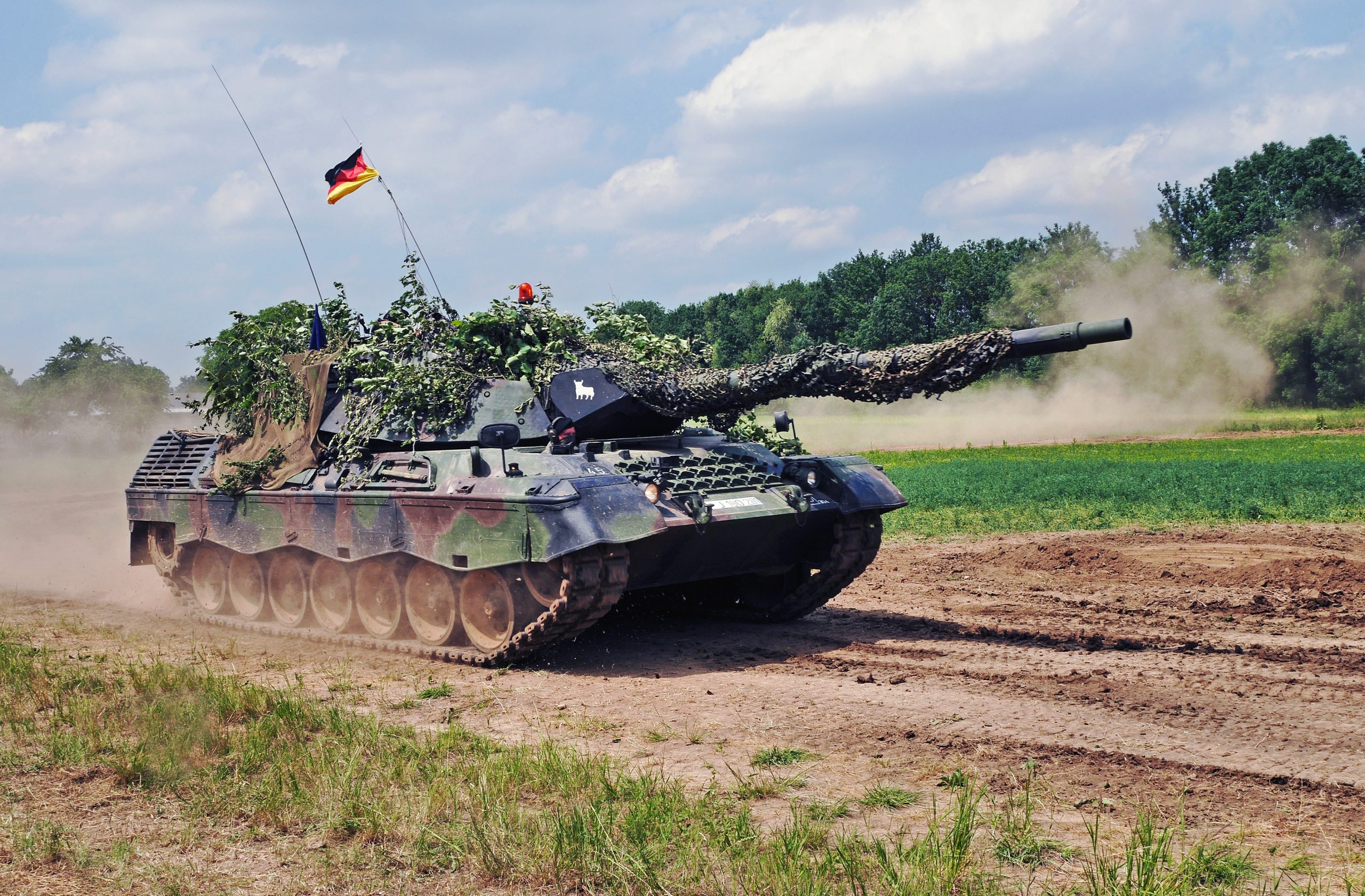
As noted by the NSPA, each Leopard 1A2 contained for example waste fuel and oil, lead batteries and 22kg of asbestos. More than 24 tons of iron/steel and non-ferrous metals were recovered from each tank and sold on the global scrap metal market. Eventually, this project yielded a total return of approximately $3,21 million or $6500 per tank for the owning country (scrap metal sales minus disposal costs related to labor, hazmat treatment, transportation, etc.).
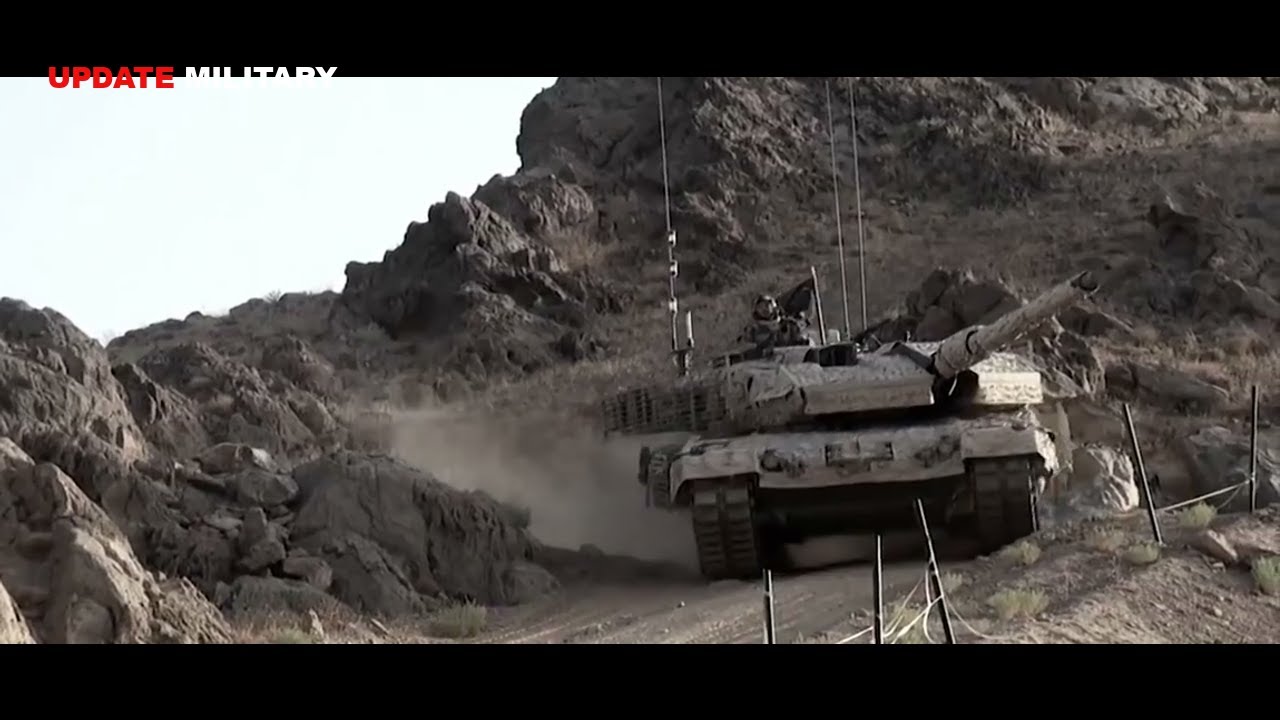
The October media release said that this recycling project demonstrates NSPA’s capability and value for Member Nations of the Demilitarization, Dismantling and Disposal (D3) Support Partnership. NSPA can support user nations’ surplus offices by providing tailored D3 expertise, strategic planning and actual execution through a global contractor framework. Such support is equally available to non-Member Nations.
